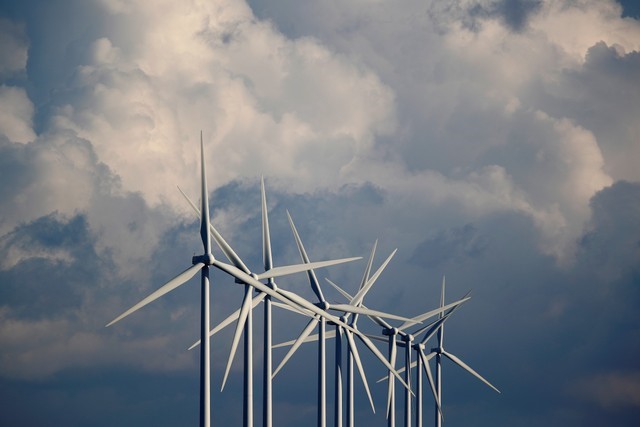By Geoffrey Smith
Investing.com -- Across the world, protesters are taking to the streets Friday to urge their governments to do more to tackle climate change.
You wouldn’t expect the stock markets to show any direct response to that, although it's possible that Germany's mooted "climate package" - due to be unveiled at a press conference later Friday in Berlin - may give a pep to some local companies.
But look a little closer, and you can see the thought processes behind the protests are already at work in various pockets of the market. The rise of the sustainable investing phenomenon around the world will only accentuate this in future, as the sheer weight of money allocated to sustainable investing takes its toll.
Most obviously, of course, there’s the auto sector, which has been the market’s chronic underperformer ever since the Dieselgate scandal exposed the shattering failure of the first European attempts to reduce transport CO2 emission by relying instead on a fuel that massively increased pollution, with more immediate effects on public health than on climate change.
As a result of that, Europe’s automakers find themselves in the middle of a hugely expensive, multi-year transformation to electric technology. In the meantime, they have surrendered much of the gaping technological advantage they had over Chinese producers who are now far better placed to leverage the technologies they have developed for the local market in the world at large. None of the major European OEMs trades at a price/earnings multiple of over 10, for good reason.
Then there’s the airline sector, which is coming under increasing scrutiny for its contribution to the global emissions problem (witness France’s new carbon-related tax on flights and noises from Germany indicating that it may follow suit).
Deutsche Bank strategist Ulrich Stephan notes that European CO2 prices have risen over 200% since the start of the year and could rise further – one of the reasons he advises against buying them (rising fuel and wage costs and competition-driven price pressure being other, equally persuasive reasons).
But there are winners too. The most inspiring example is surely Danish wind farm operator Oersted A/S (CSE:ORSTED), whose share price has more than doubled in the last two years as it has taken its home-grown expertise into more and more new markets, notably the U.S. That said, it has fallen 7% this month on concerns about its valuation.
A look at the rest of the European utility sector also suggests that greenness is being more consistently rewarded these days: the best performers besides Oersted are Iberdrola (MC:IBE) and Austria’s Verbund AG Kat. A (VIE:VERB), both of which are overwhelmingly hydropower and renewable plays. The worst performers are gas-dominated Centrica (LON:CNA) and nuclear-heavy Electricite de France (PA:EDF), struggling with fearsome regulatory and, in EdF's case, technological challenges.
And, for investors willing to accept the notion that “hardware is hard”, there are also Denmark’s Vestas Wind Systems A/S (CSE:VWS) and Spanish-based Siemens Gamesa (MC:SGREN), which have managed to defend their leadership of the turbine maker despite a rising threat from Asian competitors.
